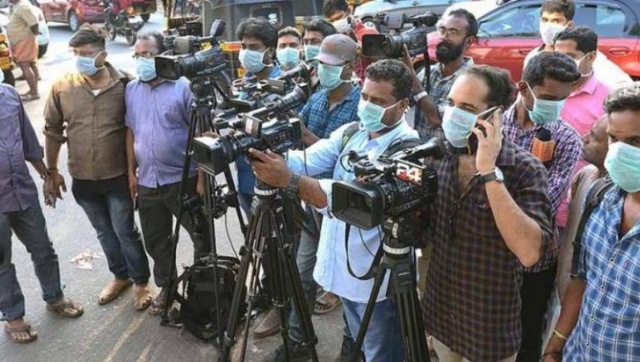National Press Day is observed annually on 16 November to honour the establishment of the Press Council of India (PCI). The council acts as a moral watchdog for the Indian press, ensuring that journalists are not motivated by external influences or factors while reporting any story. The duty of PCI is to regulate, check and monitor all journalistic activities in the country. It ensures that the credibility of journalism remains intact as in India, the press is also considered the fourth pillar of democracy. The council also examines the quality of reportage of the Indian press. It keeps a check on journalistic activities, monitoring that journalism is not being compromised. Facts about the Press Council of India: Justice J R Mudholkar, a Supreme Court judge at the time, became the Chairman of the Press Council of India when it was constituted on 4 July, 1966, as a statutory, quasi-judicial body. The Council came into effect from 16 November later that year. The Council was formed under the Press Council Act of 1978. The present chairman of the Press Council of India is Justice Chandramauli Kumar Prasad, who succeeded Justice Markandey Katju (2011-2014). He became the chairman of the council in 2014 and has been appointed for a second term recently. How is the day celebrated? Since the Press Council was formed, various seminars are organized by the Press Council on 16 November to commemorate this day. Seminars have been held by the PCI on various issues such as the Right to Information (RTI) Act, the role of media in a crisis situation, the media’s role in nurturing awareness of Fundamental Duties among citizens and its role in preparing people to cope with disasters. The seminars are held for either one or two days and educate people about the importance of a free and responsible press in the country. History of Press Council of India: In the year 1956, the First Press Commission decided to form a body with statutory authority which has the responsibility of maintaining the ethics of journalism. The Commission felt that a managing body was required in order to connect the people of the press and also to arbitrate on any issues that arose. Hence, ten years later, the PCI was formed on 16 November, 1996 by the Press Commission. The National Press Day of India is since then celebrated on 16 November every year to commemorate the establishment of the council.
The council acts as a moral watchdog for the Indian press, ensuring that journalists are not motivated by external influences or factors while reporting any story.
Advertisement
End of Article


)

)
)
)
)
)
)
)
)



